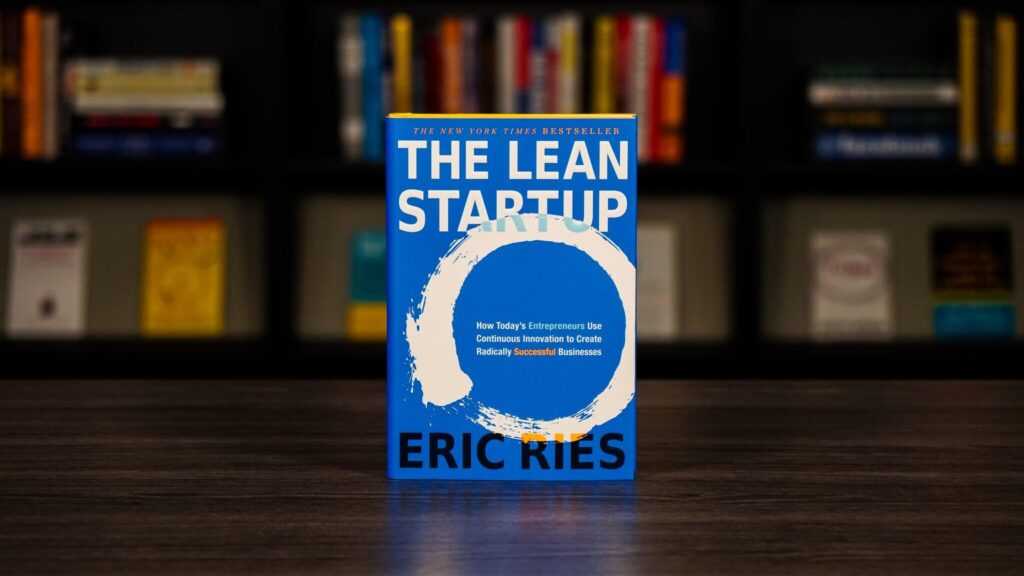Mastering the Art of the Lean Startup: Insights from Eric Ries

Introduction
The Lean Startup methodology has revolutionized the way entrepreneurs approach building and launching startups. In his book, “Mastering the Art of the Lean Startup: Insights from Eric Ries,” Ries shares valuable insights and strategies for building successful and sustainable startups. This article will provide a review of the book, highlighting its key takeaways and offering a glimpse into the world of Lean Startup methodology.
Key Takeaways
– Embrace validated learning and experimentation to minimize waste
– Build a minimum viable product (MVP)
– Pivot or persevere based on customer feedback and data
– Prioritize speed and agility in the startup process
The Lean Startup approach emphasizes the importance of learning from customers and quickly iterating on ideas to create successful products or services. Ries explains the concepts through real-world examples and practical advice, making it an essential read for anyone involved in the startup world.
Insights from Eric Ries
Throughout the book, Ries shares his experiences and insights gained from working with numerous startups over the years. He emphasizes the importance of customer feedback and data-driven decision-making in shaping the direction of a startup. Ries provides actionable strategies for entrepreneurs to experiment, learn, and adapt their ideas to create products that truly meet customer needs.
One of the key takeaways from the book is the idea of a minimum viable product (MVP). Ries suggests that instead of developing a fully-featured product, entrepreneurs should focus on creating a basic version of their idea to quickly get it into the hands of customers. By doing so, startups can gather valuable feedback early on and iterate on their product based on real-world data.
Another important concept addressed in the book is the significance of “pivoting.” Ries defines a pivot as a structured course correction aimed at testing new hypotheses about a product. With the necessary feedback and data, entrepreneurs can make informed decisions about whether to pivot or persevere in their startup journey.
Frequently Asked Questions
Q: How can the Lean Startup methodology be applied to different industries?
The Lean Startup methodology can be applied to various industries as it focuses on the fundamental principles of validated learning, experimentation, and continuous improvement. By following the Lean Startup approach, entrepreneurs can effectively build and launch products or services that meet customer needs, regardless of the industry.
Q: Can the Lean Startup methodology help established companies innovate?
Yes, the Lean Startup methodology is not limited to startups only. Established companies can also benefit from its principles to drive innovation and respond to changing market demands. By adopting a lean and agile approach, established companies can test new ideas, gather customer feedback, and iterate on their existing products or services to stay competitive in the market.
Q: Are there any online resources available to learn more about the Lean Startup methodology?
Yes, there are several online resources available to learn more about the Lean Startup methodology. Training Profits provides a comprehensive collection of articles, training courses, and resources for entrepreneurs interested in mastering the Lean Startup approach. For more information, visit the training profits website.
Conclusion
“Mastering the Art of the Lean Startup: Insights from Eric Ries” is a must-read for entrepreneurs and those looking to build successful startups. Ries’s insights and strategies provide a solid foundation for navigating the challenges of the startup ecosystem. By embracing the Lean Startup methodology, entrepreneurs can increase their chances of building sustainable and successful businesses. So, if you’re interested in learning more about creating an online course or transforming your startup into a thriving business, creating an online course and sell courses online, this book is a valuable resource to consider.


